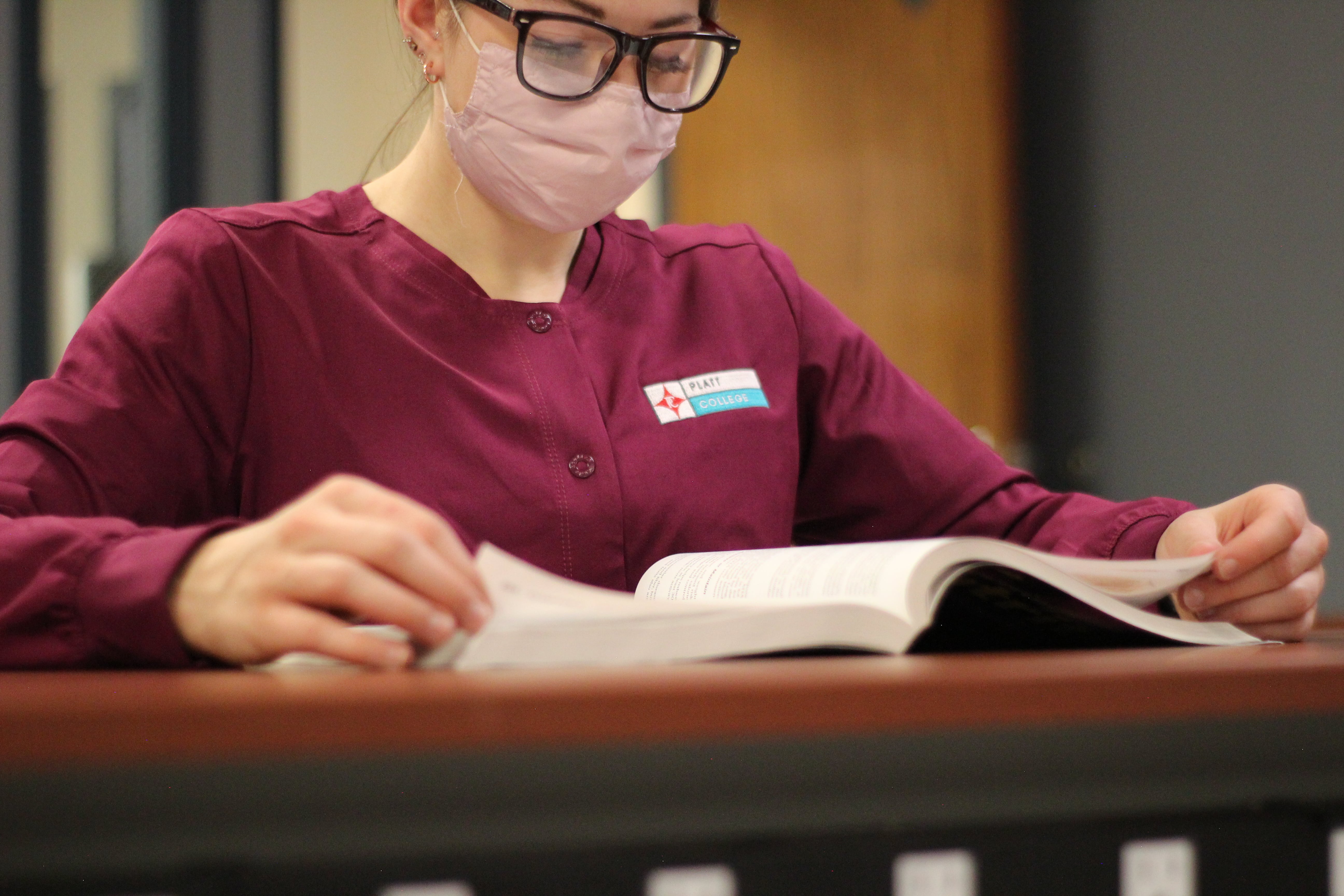Academics
Platt College’s Greenwood Village, Colorado, campus is transitioning to become part of Concordia University, St. Paul. With a long history in the Denver area, our institution moves forward with a university that shares our foundational values that put students first. Explore your options for an Accelerated Bachelor of Science in Nursing (ABSN) through Concordia University, St. Paul.
Our school’s history spans well over three decades and Platt College graduates are known in the Denver community for their work across the region’s healthcare providers. Now as part of Concordia University, St. Paul, we will continue to prepare individuals for rewarding careers in nursing.

Nursing Education
Consider earning your BSN degree through CSP Global’s 16-month Accelerated Bachelor of Science in Nursing (ABSN) program. With start dates as early as May 2025*, you can be ready to begin your nursing career in the Denver area faster than ever.
With 77 credits required (along with 54 prerequisite credits), the ABSN option is a great choice for many people interested in rewarding careers in healthcare.
*As we await final regulatory approval from our accrediting bodies—the Higher Learning Commission and the Department of Education—we are on track to launch our program at our Denver location in May 2025.